
The Prince
内页干净,无笔记
¥ 14.98 八五品
仅1件
河北衡水
认证卖家担保交易快速发货售后保障
作者Niccolo Machiavelli
出版社Bantam Classics
出版时间1984-09
装帧其他
货号A77-1-3
上书时间2024-09-11
- 店主推荐
- 最新上架
商品详情
- 品相描述:八五品
图书标准信息
- 作者 Niccolo Machiavelli
- 出版社 Bantam Classics
- 出版时间 1984-09
- ISBN 9780553212785
- 装帧 其他
- 开本 其他
- 纸张 其他
- 【内容简介】
- Throughout history, some books have changed the world. They have transformed the way we see ourselves and each other. They have inspire d debate, dissent, war and revolution. They have enlightened, outraged, provoked and comforted. They have enriched live
- 【作者简介】
- Niccolò Machiavelli (born May 3, 1469, Florence-died June 21, 1527, Florence) Italian statesman, historian, and political theorist. He rose to power after the overthrow of Girolamo Savonarola, was appointed secretary and Second Chancellor to the Florentine Republic in 1498. Working as a diplomat for 14 years, he came in contact with the most powerful figures in Europe. He was dismissed when the Medici family returned to power in 1512, and during the next year he was arrested and tortured for conspiracy. Though soon released, he was not permitted to return to public office. His famous treatise The Prince (1513, published 1532) is a handbook for rulers; though dedicated to Lorenzo de' Medici, ruler of Florence from 1513, it failed to win Machiavelli his favour. Machiavelli viewed The Prince as an objective description of political reality. Because he viewed human nature as venal, grasping, and thoroughly self-serving, he suggested that ruthless cunning is appropriate to the conduct of government. Though admired for its incisive brilliance, the book also has been widely condemned as cynical and amoral, and “Machiavellian” has come to mean deceitful, unscrupulous, and manipulative. His other works include a set of discourses on Livy (completed c. 1518), the comedy The Mandrake (completed c. 1518), The Art of War (published 1521), and the Florentine Histories (completed c. 1525).
点击展开
点击收起
— 没有更多了 —




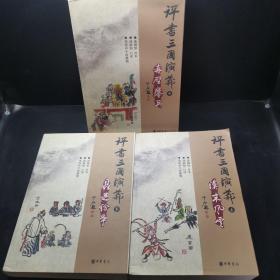

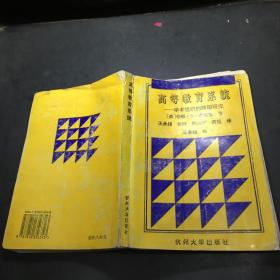

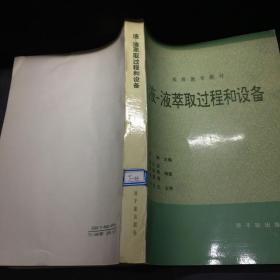

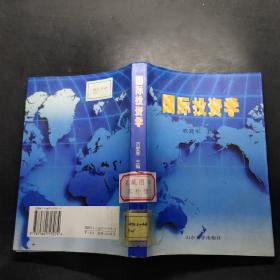

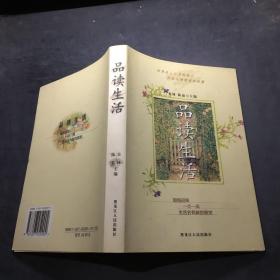






以下为对购买帮助不大的评价